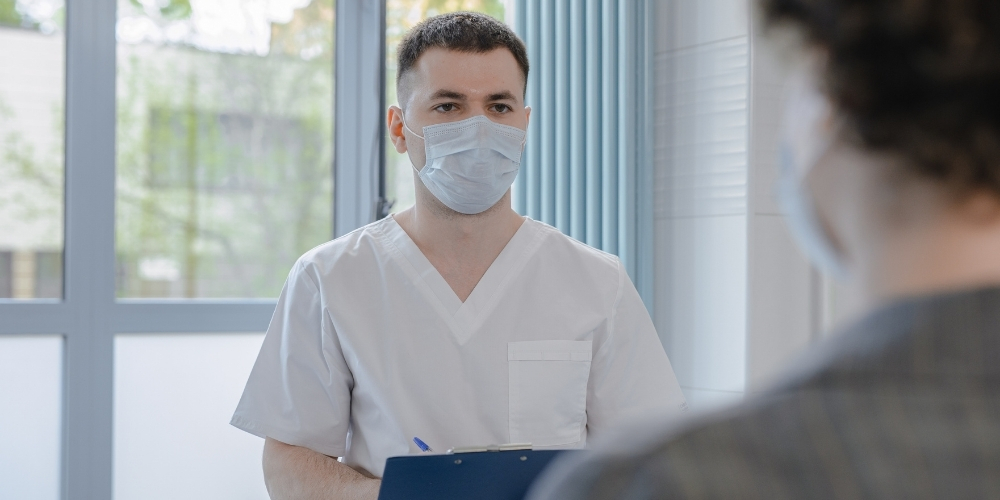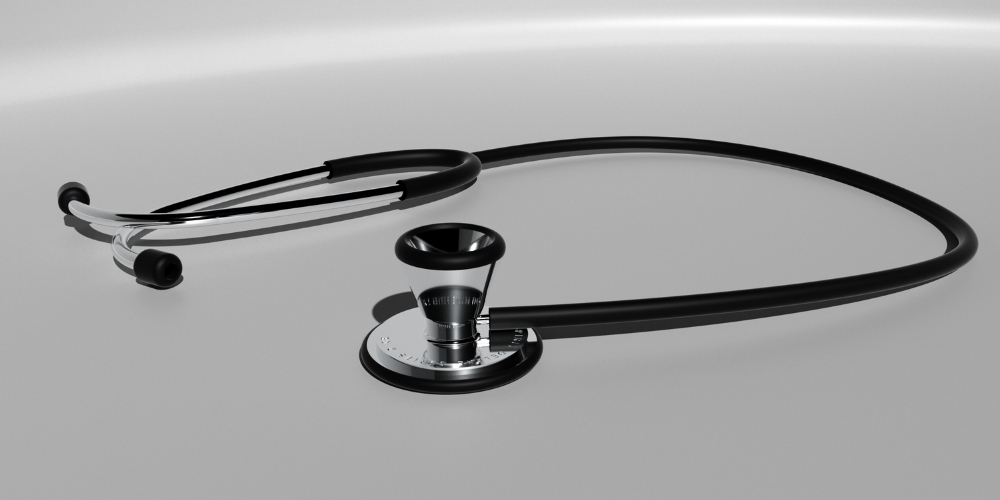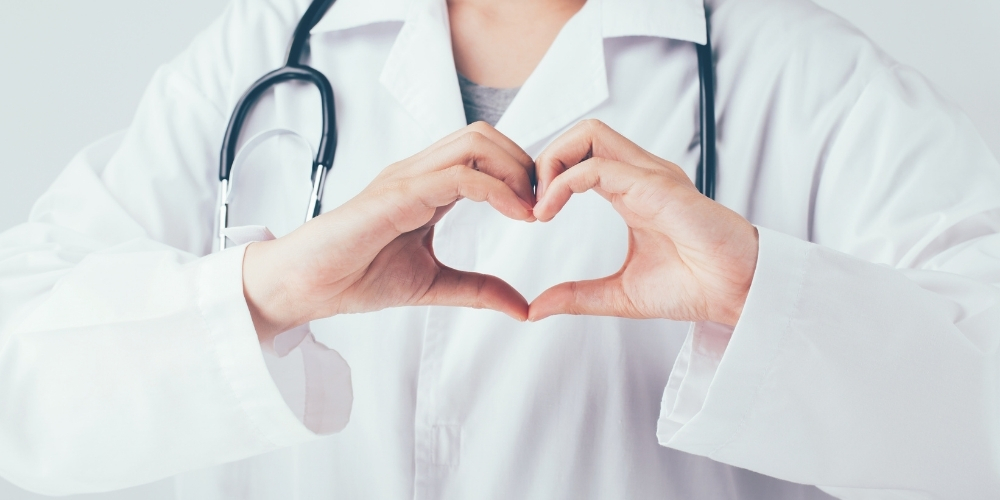Understanding and finding effective help for self-harm behavior can feel overwhelming, especially for families and individuals seeking compassionate support in Florida. The patterns and emotional pain behind self-harming acts are often misunderstood or overshadowed by shame. Yet, specialized care exists—on both clinical and personal levels. For those searching for resources, URP Behavioral Health provides access to self harm disorder treatment.
Recognizing Self-Harm Behavior and Its Unique Challenges
Self-harm, also called non-suicidal self-injury (NSSI), refers to deliberate acts of harming one’s own body—such as cutting, burning, or hitting oneself—without suicidal intent. This behavior often surfaces during adolescence or young adulthood but can occur at any age. In Florida, mental health professionals see self-harm cutting across gender, socioeconomic, and ethnic lines, often hidden due to stigma and misunderstanding.
The motivations for self-harm are complex. For many, it serves as a temporary release from intense emotional distress, numbness, or overwhelming feelings of anxiety and shame. It may also act as a coping mechanism for trauma, abuse, bullying, or persistent mental health conditions like depression or borderline personality disorder. Unfortunately, without intervention, self-harming behaviors can become ingrained, increasing the risk of infections, scarring, and emotional isolation.
Recognizing potential signs of self-harm early can be helpful in seeking timely support. Unexplained wounds, frequent bandages, covering up arms or legs even in hot weather, withdrawal from social groups, or extreme mood swings can be indicators. For families in Florida, these signs call for prompt, empathetic attention—not judgment. Connecting with specialized mental health resources can offer a bridge to understanding and intervention tailored to each individual’s needs.
Holistic Treatment Approaches in Florida Mental Health Centers
Effective treatment for self-harm extends well beyond simply stopping the behavior. Some mental health facilities in Florida emphasize a comprehensive, individualized approach. Many treatment programs include evidence-based methods described in research, such as Cognitive Behavioral Therapy (CBT) and Dialectical Behavior Therapy (DBT). These modalities teach coping skills, distress tolerance, and emotional regulation, empowering individuals to respond to pain or triggers in healthier ways.
Family therapy plays a pivotal role, especially for adolescents. Involving loved ones helps rebuild trust, enhance communication, and create a supportive environment for recovery. Group therapy sessions, common in many Florida treatment centers, provide shared understanding, reduce isolation, and allow for skill-building among peers.
In some cases, healthcare professionals may discuss the use of medication when self-harm occurs alongside depression, anxiety, or mood disorders. Decisions about medication depend on individual evaluation and may not be appropriate for everyone. However, it is typically used as an adjunct to therapy rather than a standalone remedy. Integrating creative therapies—art, music, or movement—addresses underlying trauma and provides new forms of self-expression. Mindfulness-based interventions help individuals reconnect with their bodies and emotions, reducing impulsivity and promoting self-compassion.
To ensure safety and progress, outpatient and residential options are tailored to the severity of self-harm and any coexisting conditions. Florida’s climate and access to natural settings often enhance healing, especially when experiential therapies such as equine-assisted therapy or nature walks are included. Mental health professionals coordinate care to address the whole person, fostering resilience and self-acceptance.
A particularly important educational resource provided by URP Behavioral Health is https://urpbehavioralhealth.com/blog/covert-narcissism-vs-borderline-personality-disorder/ which explores the complex overlaps between personality disorders and self-harming behaviors. Understanding these dynamics enables a more nuanced, effective treatment plan that considers the interplay of underlying diagnoses and emotional distress.

The Role of Crisis Intervention and Aftercare
Immediate intervention is critical if there is concern about suicidal ideation or escalating self-harm. Florida centers frequently offer 24/7 crisis hotlines and walk-in services. Following stabilization, structured aftercare plans—ranging from intensive outpatient programs to ongoing individual therapy—provide the support needed for sustained recovery.
Community Resources for Florida Residents
Florida’s mental health system is rich with community-based organizations offering support groups, parent education, and peer mentoring. These services complement clinical care, providing practical assistance and reducing the sense of isolation for both individuals and families coping with self-harm.
Selecting a Mental Health Treatment Center in Florida: Key Factors
Choosing the right environment for self-harm treatment can significantly influence outcomes. Florida offers a diverse range of centers, but not all provide the same level of specialization or holistic care. When evaluating options such as those available through URP Behavioral Health on urpbehavioralhealth.com focus on centers that offer:
- Dedicated experience in treating self-harm and related mental health conditions.
- Evidence-based therapies like DBT, CBT, and trauma-informed care.
- Licensed mental health professionals specializing in adolescent and adult treatment.
- Comprehensive support services, including family therapy and peer groups.
- Customized aftercare planning to prevent relapse and sustain progress.
- Accreditation from reputable healthcare organizations, ensuring quality and safety.
- Inclusive, non-judgmental spaces that respect diverse backgrounds and identities.
These features may be useful to consider when exploring treatment centers that address self-harm.
Building a Support Network for Lasting Recovery
Sustained healing from self-harm requires more than individual therapy—it calls for a robust, ongoing support network. Families in Florida are encouraged to educate themselves and participate in the recovery process. Open communication, patience, and understanding are essential. Peer-led support groups for both those who self-harm and their loved ones are available across many Florida communities.
Educational workshops, online forums, and mental health awareness campaigns also play a role in reducing stigma and promoting help-seeking behavior. Equipped with a strong support system, individuals are more likely to embrace positive coping strategies and prevent relapse. Florida’s multicultural and community-driven ethos enhances opportunities for connection, encouragement, and shared growth.

Taking the First Step Toward Healing in Florida
Overcoming self-harm is often described as a journey that may begin with recognition and seeking specialized help. Many individuals find that, with the right support and resources, improvements are possible—though each experience is unique. Those seeking expert guidance can find more information about evidence-based programs and support services on the company’s website URP Behavioral Health urpbehavioralhealth.com. Early intervention, expert care, and a steadfast support network may help create a foundation for renewed hope and improved well-being, though progress varies from person to person..
This information is provided for educational purposes only and should not be considered medical advice. Treatment experiences and outcomes vary, and only a qualified healthcare professional can recommend the most appropriate approach for an individual’s needs.

Be First to Comment